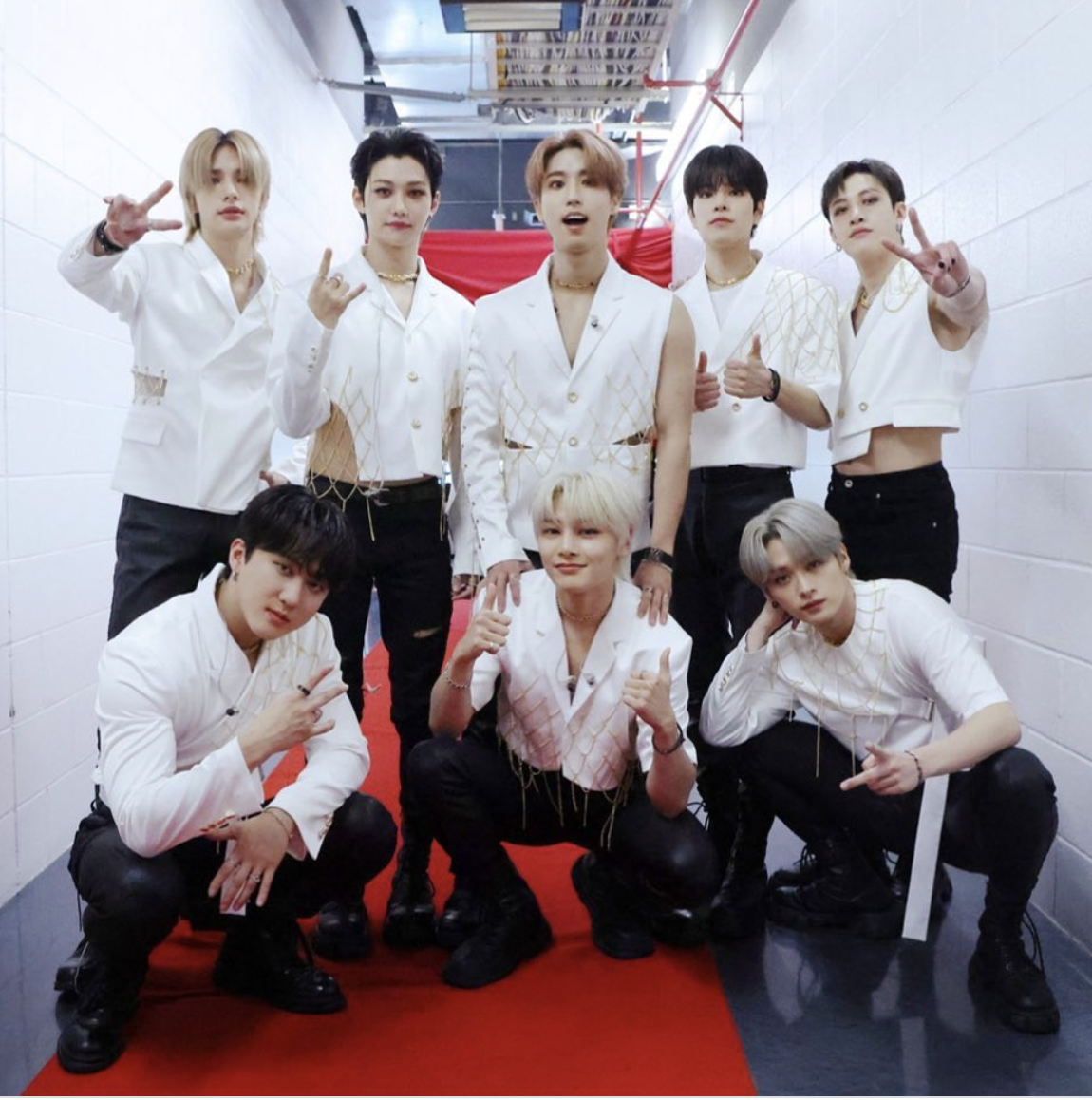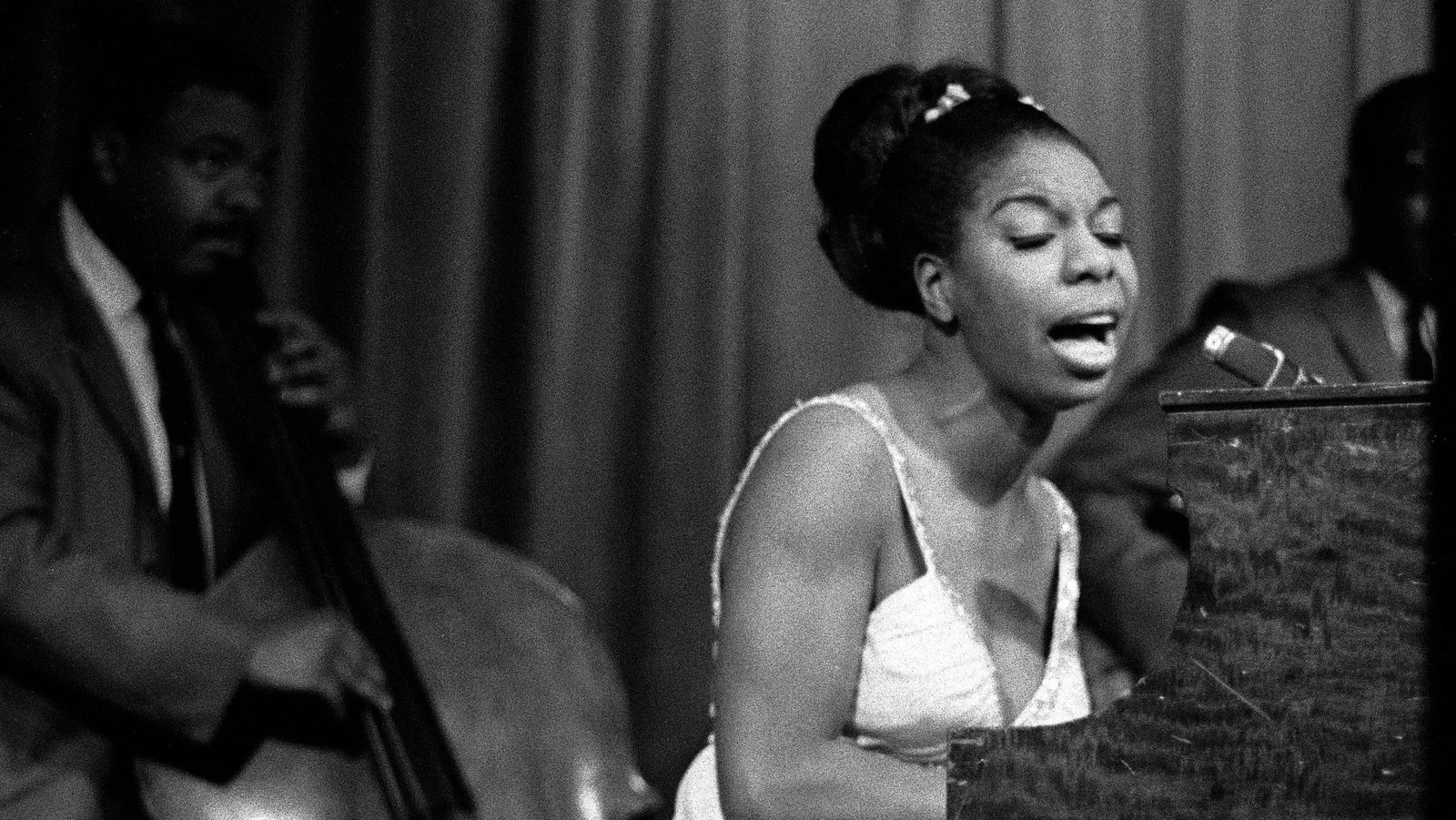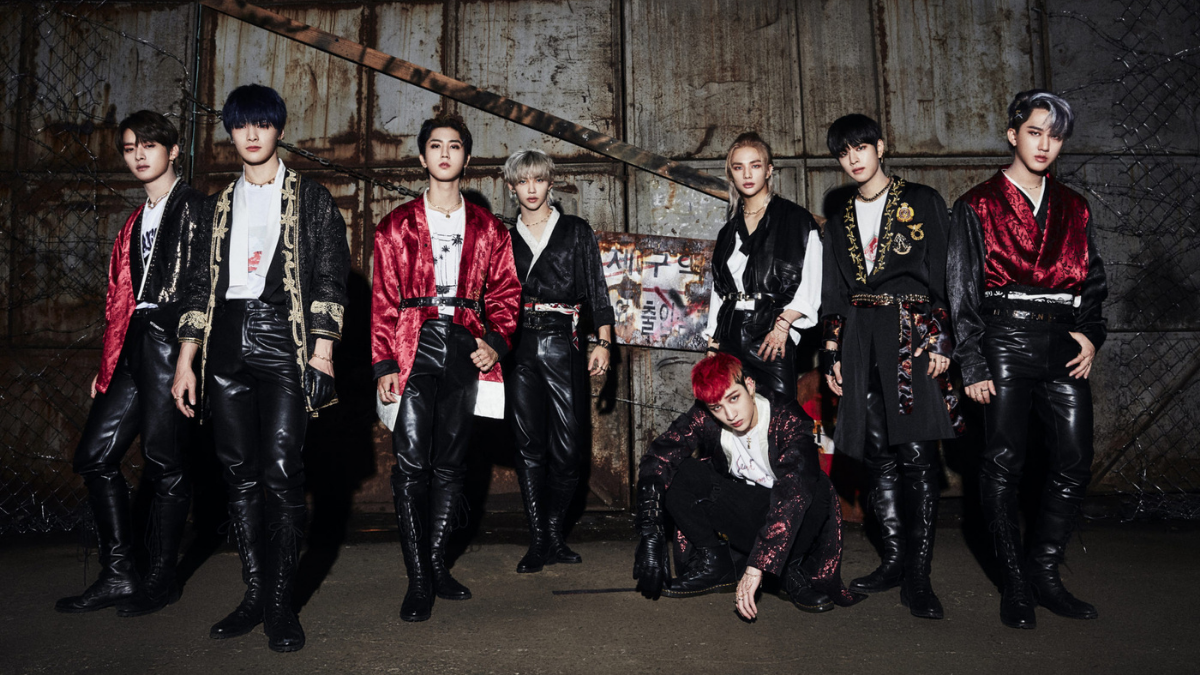Credit: Stray Kids
As I am writing this, it is 5 am. I do not sleep much these days. If you do – well.
About 4 hours ago, I returned from the first concert I have attended in more than two and a half years. The last concert I went to was Against Me! in 2019 in Los Angeles. Though I had no idea what was to come in a few months time, it is hard to ask for a better concert to precede a long hiatus from live music. They are furious, frantic, political, and filled with rage.
I have come to realize that I love music that lives in the rage place. This has always been true to a certain extent, raised as I was on the blues and hip-hop and indoctrinated in high school into the benevolent cult of artists such as Tori Amos, Fiona Apple, Nirvana and Nine Inch Nails. Later I would discover so-called emo bands like Fall Out Boy and My Chemical Romance, though in times of great strife, I always fall back on the classic soul greats like Nina Simone and Etta James - definitely ladies who lived in the rage place, always.
Credit: New York Times
The kpop band Stray Kids may not seem at first like they live in the rage place. After all, as is required for kpop bands, they are adorable. Their eight members range in age from 20 to 26, and are varying degrees of impossibly beautiful. But do not let their elvish exteriors fool you. They are chaos demons poised to set the world on fire.
Never was that more evident than at their three hour-long show at Prudential Center in Newark, New Jersey, a good place to rage. Like many musicians, Stray Kids’ last North American tour was postponed by the pandemic for two and a half years. Fortunately for them, this allowed them time to produce more music. Stray Kids has written nearly all its own music for their entire tenure as a band – they are five years in, having debuted in 2018. As is fairly typical for a band that formed when the members were teenagers, their earlier music is less polished. But its one universal theme is this: RAGE AND REVOLUTION.
As a long-time BTS fan, I have dabbled in other kpop bands for years, and first heard Stray Kids when, in 2020, they produced the incredibly catchy single “Back Door,” a song that exhorts its listeners to join them in their clubhouse of chaos where they will plan how to take over and re-form the world as a place of joy and dance. No, seriously. This is what the song is about. When I heard it, I liked it but did not quite register it. Not until 2021, when I heard their newer single “Thunderous” (and was heavily pushed by my friend Puja, an angel for waiting for me to get to where they already had) did I take notice.
It was a perfect storm: BTS had mostly gone on hiatus, the world was on actual fire, and Stray Kids had produced their best album yet. In NOEASY, they paint a picture of a dystopian world they are seeking to bring back from the brink. Every song on the album is laced with their typical defiance, especially “Thunderous,” which, in the chorus, states, in English, so they will not be misunderstood: I’m not sorry I’m dirty.
Has there ever been a time where a message of celebrating your unapologetic dirtiness resonated more? A mere four days after the Supreme Court overturned Roe v. Wade in a puritanical and vicious rebuttal of a human right granted 50 years ago, it is hard to think of a more appropriate tagline.
This is key to Stray Kids’ message. We are all living in filth, but we are looking at the stars. As much as they celebrate many different angles on defiance and revolution, they never lose faith in the idea that the world will get better if we try hard enough. In fact, during the concert itself, one of the members said some version of: “We are the new generation, and we are coming.” This is both a promise and a threat.
If all of this sounds kind of metal for a band that frequently sports bead-embedded crop tops, that’s intentional. Like many kpop bands, Stray Kids has embraced a gender-fluid aesthetic that leans into the idea that you can both spit savage rhymes (which they do, perhaps better than almost any other kpop band) and look like you are ready for a night at the gay club. Pride flags abounded at the incredibly diverse show, which showcased fans of all ages, genders, and races. Stray Kids’ members have carried on conversations with fans online (because pandemic) where they have congratulated them on coming out and finding their new queer girlfriends or boyfriends. They openly love each other and are a mixed-up, goofy and triumphant little found family. They preach self-acceptance and celebrate weirdness. In their recent single “Maniac,” they encourage everyone to embrace their crazy, their uniqueness, their desire to blow things up (metaphorically but also maybe not?). If I could reduce Stray Kids’ message to one sentence, it would be: The world is fucked up, but you don’t have to be.
Credit: The Honey POP
Nothing about this message is new, but nothing is new under the sun. What may be new is the way they sound. It is heavily hip-hop influenced, and they gladly give props and credit to the many African-American artists whose music raised them. But they mix in their own cultural influences too – Korean folk elements and fairytales, of course the cadence and eloquence of the Korean language, and a fierce devotion to what are now three previous generations of kpop artists who paved the way for their success.
To be honest, as much as I knew that Stray Kids could rage, I was not expecting them to be quite so metal. But in a live setting in a large venue with a band backing them up, they were a force to be reckoned with. Even when the stadium’s less-than-ideal acoustics swallowed some of their musical nuances, the hooks, beats and message came through.
We are the new generation, and we are coming.
Thank God.
Here’s a Stray Kids sampler.


